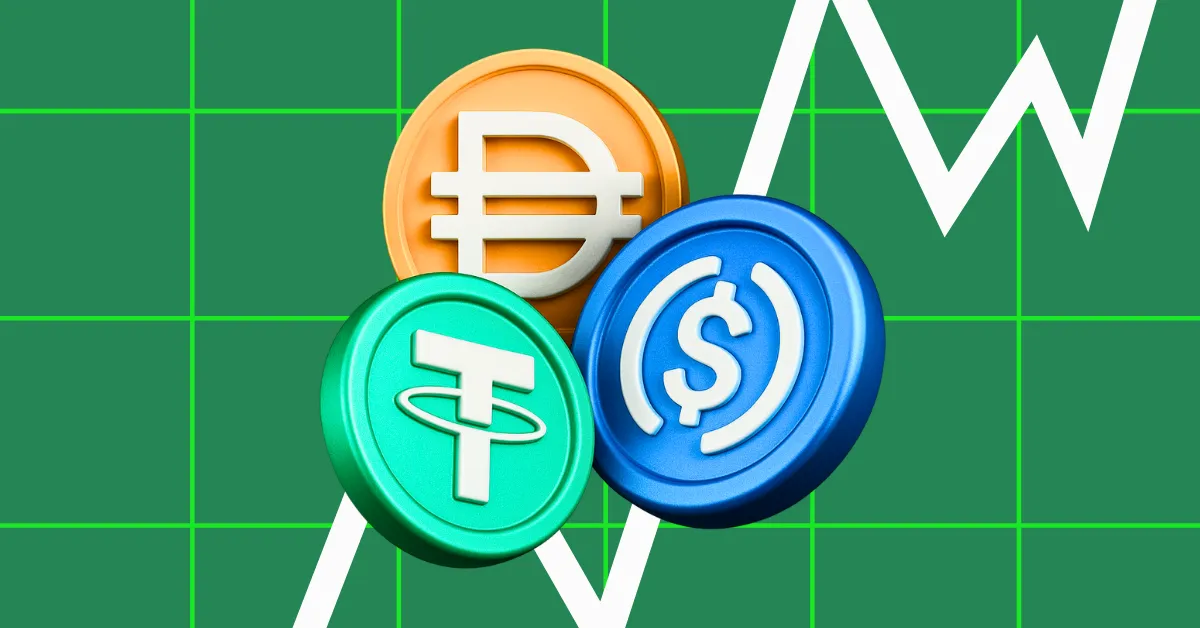
South Korea has taken the lead on stablecoin regulation. On June 10, the country passed the Digital Asset Basic Act, allowing companies to issue stablecoins under clear rules—while the US still struggles to finalize its own legislation.
Under the new law:
This move makes South Korea one of the first major economies to fully legalize stablecoins.
Meanwhile, the US is preparing for a long-awaited vote on its GENIUS Act. The bill aims to:
However, political opposition remains.
Senator Elizabeth Warren warned:“The bill invites scammers into the market…”
Senator Bill Hagerty responded: “It’s time we provide the clarity and stability our innovators need.”
| Feature | US GENIUS Act | South Korea Digital Asset Basic Act |
| Scope | Payment stablecoins only | All digital assets + stablecoins |
| Approval authority | Federal for issuers >$10B; State for smaller | All stablecoins require FSC approval |
| Compliance requirements | AML, KYC, anti-fraud, transparency | Transparency + reserve guarantees |
Global stablecoin demand is surging:
As South Korea opens its market, and the US races to finalize its bill, the global stablecoin landscape is about to shift dramatically.
It’s a new law legalizing stablecoins with FSC approval, capital rules, and user protection via reserve guarantees.
The GENIUS Act focuses on payment stablecoins, while Korea’s law covers all digital assets and mandates FSC approval.
Tether (USDT) and Circle (USDC) lead globally, holding about 85% of the stablecoin market share.
Bitcoin (BTC) price is up nearly 1.6% over the past 24 hours, trading around $68,213,…
Bitwise Chief Investment Officer Matt Hougan has picked his four must-own crypto assets for this…
The Injective price isn’t moving quietly anymore. It just ripped 20% intraday, and no, this…
Ripple is no longer just a payments company. Through a series of aggressive acquisitions in…
While the broader crypto market has been rotating capital selectively this week, Trump-linked World Liberty…
IoTeX's cross-chain bridge was hit by a private key exploit on February 21, draining over…